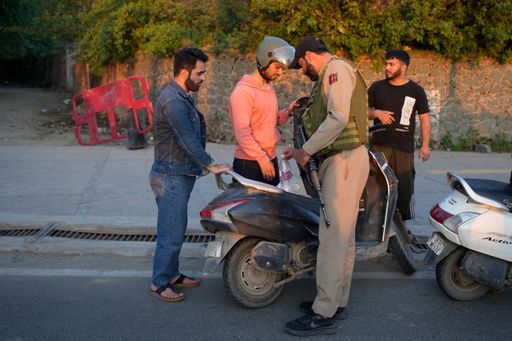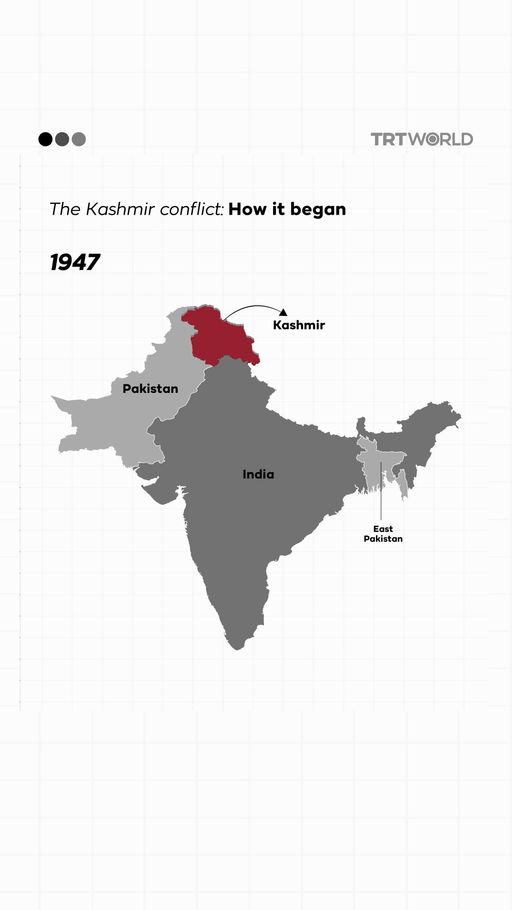Authorities in India-administered Kashmir have sealed off all major roads leading to a historic graveyard in Srinagar, effectively preventing Kashmiri political leaders and the public from commemorating the anniversary of a 1931 anti-colonial uprising.
On Sunday, heavy police and paramilitary deployments were reported across the city in the early hours, with entry points to Khawaja Bazar, home to the graves of the 22 Kashmiris killed during the uprising, barred to all but official and security vehicles, according to local media.
Prominent Kashmiri figures, including Chief Minister Omar Abdullah, said they were placed under house arrest.
"Homes have been locked from the outside, police & central forces deployed as jailers, and major bridges in Srinagar blocked," Abdullah posted on X.
"All to stop people from visiting a historically important graveyard. I will never understand what the Law & Order government is so afraid of."

Crackdown and assault on democratic rights
The crackdown comes amid rising criticism of the region’s political climate following the revocation of Jammu and Kashmir’s semi-autonomous status by New Delhi in 2019.
Until 2020, July 13 had been observed as a public holiday known as Kashmir Martyrs’ Day, commemorating the 1931 killings of 22 protestors under the rule of the Dogra Maharaja, then aligned with British colonial rule.
This year, the National Conference party said it formally requested permission to visit the gravesite but was denied by the district administration.
Srinagar Police posted a public advisory on X confirming that all such requests had been rejected, warning that “any violation… shall invite strict legal action.”
“This is not just a date—it’s a reminder of sacrifice, dignity, and the fight for justice,” said National Conference spokesperson Tanvir Sadiq.
“We will continue to honour our martyrs peacefully, with dignity and unwavering resolve.”




















